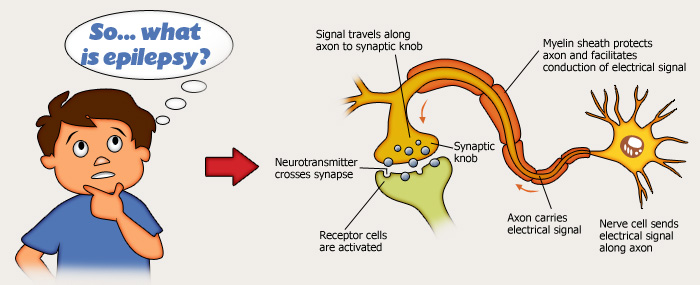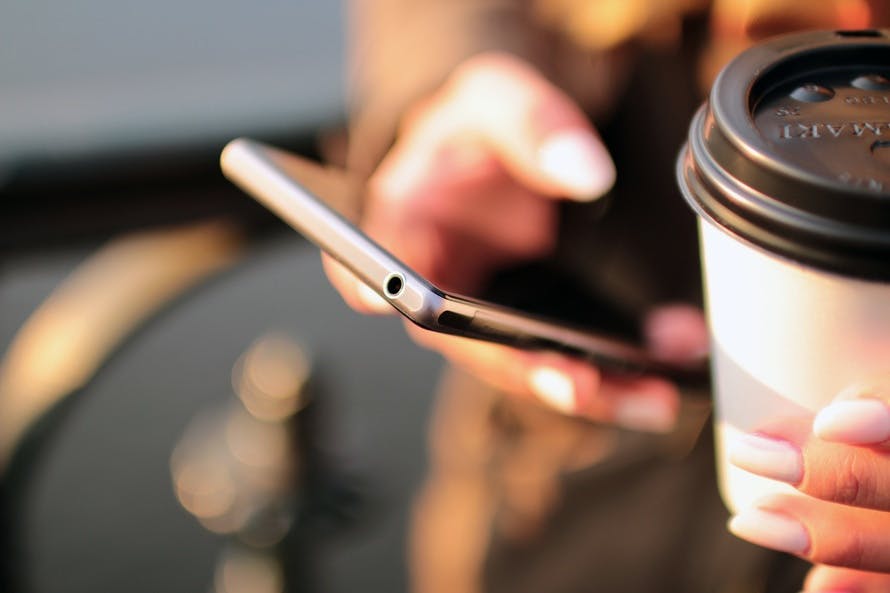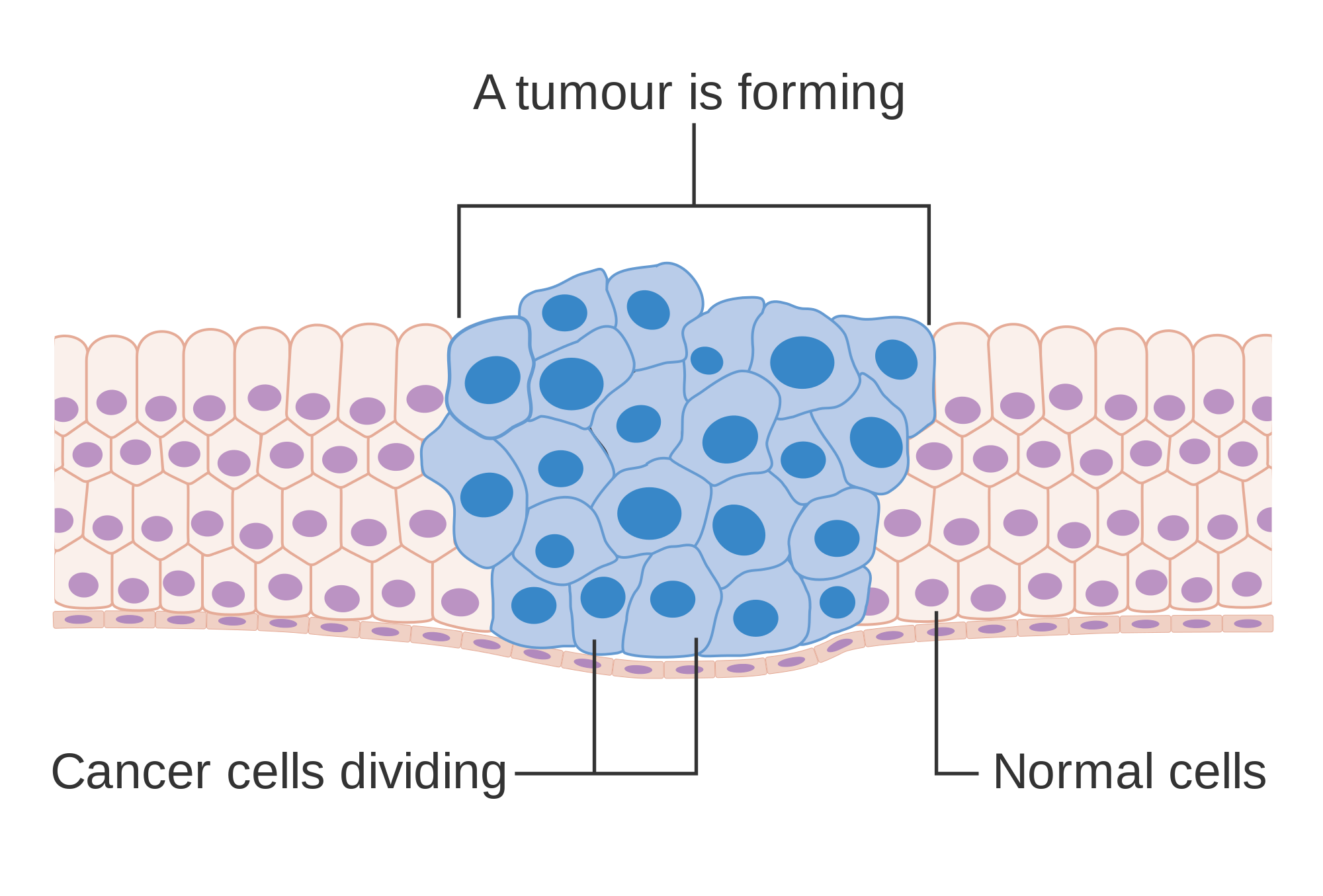The house belonging to the engineer that treated all of Cambridge’s sewage has been taken over by the Museum of Technology. The Council used to rent it out to families until it was damaged in an arson attack 18 months ago. The Museum hope the house will help to bring to life the city’s past, and become a community hub in the future.
Friday, 28 October 2016
Volunteers Saving Lives from the Skies with Magpas Air Ambulance
Magpas Air Ambulance was started as a group of volunteer GPs helping road traffic accidents victims in 1971. At first they responded to incidents with their own cars, now they deploy their air ambulance to people in peril across the East of England. In that time they've helped over 60,000 people. I spoke to their chief executive about their past, present and future.
 |
| Picture courtesy of Magpas |
What is Epilepsy? Hear from those who live with it
Doctors and patients with epilepsy are raising awareness of the myths around the disease, to end the stigma associated with the condition. Around 6,000 people in Cambridgeshire have some form of epilepsy. Some experience seizures on a regular basis, whereas others may only have a handful over a decade. I met up with football commentator Karl Bates to find out more...


Arthur Rank Hospice opening new site in Cambridge
Arthur Rank Hospice is set to move patients into a new £10.5 million site in November. Before they move in members of the public are being given a look around, including your's truly, check out what I...eeerrr, checked out...


Friday, 21 October 2016
Scientists gain insights into oldest cancer that's spread through dogs
A contagious form of cancer that can spread between dogs during mating has highlighted the extent to which dogs accompanied human travellers throughout our seafaring history. But the tumours also provide surprising insights into how cancers evolve by ‘stealing’ DNA from their host.
 |
| Picture by Andrea Strakova |
New App could help with quicker Cancer Diagnosis
A clinical support app, pioneered in Cambridge can now help doctors worldwide to determine the ideal course of patient treatment after breast cancer surgery. The Predict breast treatment tool is a mathematical model already used by doctors online. Now a new app could provide quick and easy access for medical providers.


How our immune systems can fight back against tumour cells
Cambridge researchers have discovered how cancerous tumours protect themselves from an attack from the body’s immune system. The Babraham Institute is now working with American researchers to find out how it can prepare cancer patient’s immune systems to fight back.


Monday, 17 October 2016
Relic belonging to Saint Thomas Becket may have been found in Cambridge University Library
A Librarian at Corpus Christi College believes he’s found a relic belonging to English Saint Thomas Becket. The martyred archbishop’s personal book of psalms, which, it’s said, he was holding when he was murdered became a rare example of a book being used as a relic.
Labels:
Anglos-Saxon Chronicle,
Canterbury,
Corpus Christi College,
Henry II,
Martyr,
Matthew Parker,
Middl Ages,
Parker Library,
Saint,
Saint Alphege,
Shrine,
Thomas Becket,
University of Cambridge
Saturday, 15 October 2016
New technology for treating malaria infected blood could save lives in sub-Saharan Africa
Transfusing blood to patients in sub-Saharan carriers a high risk of transmitting malaria, especially to young children. But now a technology has been developed to treat donated blood with Vitamin B and UV radiation. This is down to a collaboration between the Komfo Anokye Teaching Hospital in Kumasi, Ghana and the Department of Haemotology at the University of Cambridge:
Tuesday, 11 October 2016
The Day They Nearly Banned The Bomb
30 years ago today, Ronald Reagan and Mikhail Gorbachev almost agreed to completely get rid of their countries' nuclear weapons in a small room in Reykjavik, Iceland. But one word prevented them from doing so, much to the relief of many of their advisors and Cold War allies. The meeting was initially thought to be a failure but Professor David Reynolds (University of Cambridge and Dr Kristina Spohr (LSE) say it was actually part of a process that helped end the Cold War peacefully. They make this argument in their new book 'Transcending the Cold War: Summits, Statecraft, and the Dissolution of Bipolarity in Europe, 1970-1990.' Cambridge audiences will also be able to meet both of these Historians as part of the Festival of Ideas on the 26th October, at their talk, 'The Day They Nearly Banned The Bomb'
Images courtesy of the Reagan Library
Images courtesy of the Reagan Library
Labels:
Cold War,
History,
Iceland,
LSE,
Mikhail Gorbachev,
Nuclear,
Reykjavik,
Ronald Reagan,
Soviet Union,
Star Wars,
Summit,
University of Cambridge,
USA,
USSR,
Weapons
Location:
Cambridge, UK
Sunday, 9 October 2016
Adam Page's Video Showreel and Portfolio
Showreel
How the world looked through a dinosaurs eyes:
Bibles during World War One
How you can get sand to 'sing:'
Murder Trial Verdict at Cambridge Crown Court:
Imperial War Museum Duxford's Flying Airshow 2016:
A Cambridge University spin-out has created a device that can trace the progress of cancer and Alzheimer’s Disease with a simple blood test:
Junior Doctors Strike at Addenbrooke's Hospital:
Cam Sight Exhibition at Cambridge Guildhall:
Long jump for dogs:
(yes it's probably the most fun I've had with a camera)
Portfolio
Cambridge Science Centre watch Tim Peake blast off:
How the world looked through a dinosaurs eyes:
Bibles during World War One
How you can get sand to 'sing:'
Murder Trial Verdict at Cambridge Crown Court:
A Cambridge University spin-out has created a device that can trace the progress of cancer and Alzheimer’s Disease with a simple blood test:
Junior Doctors Strike at Addenbrooke's Hospital:
Cam Sight Exhibition at Cambridge Guildhall:
Long jump for dogs:
(yes it's probably the most fun I've had with a camera)
Raspberry Pi events in Cambridge
More than 10 million Raspberry Pi's have been sold worldwide and have even been used by astronauts in space. The Raspberry Pi Foundation continues to operate from the city of it's creation much to the delight of the Cambridge community:
Dozens of roboteering teams turn out for Pi Wars in Cambridge, where contestants turn out for a series of challenges:
Others make music not war with the Raspberry Pi, such as Cambridge University's Dr Sam Aaron with his Sonic Pi:
The Sonic Pi was soon at the fingertips of the rest of the community at the Raspberry Pi Birthday party being held in the William Gates Building in Cambridge on 29th February. (The following video was filmed by Adam Page, Annie Edwards, Cleve Roberts and edited by Tom Lonsdale)
But before Raspberry Pis make it to Mars they'll be returning to the William Gates Building next year for Pi Wars 3.0 on 1st and 2nd April 2017:
Friday, 7 October 2016
Ultra-thin LED could lead to new quantum networks
Cambridge Physicists led by Professor Mete Atature may have found a way to create more secure communication networks by using graphene. Researchers for the Cavendish Lab and the Graphene Flagship have made ultra-thin Light Emitting Diodes, just a few atoms thick. It could improve everyday technologies from MRI scanners to clocks.
Team Dr Matteo Barbone, Dr Dhiren Kara and Carmen Palacious Berraquero
Team Dr Matteo Barbone, Dr Dhiren Kara and Carmen Palacious Berraquero
Thursday, 6 October 2016
Warriors on 1066 March pass through Cambridgeshire
Re-enactors, who are travelling 300 miles on foot and
horseback in tribute to King Harold in 1066, made a visit to Audley End House in Saffron Walden today to meet
schoolchildren from R A Butler Academy. The trip, to
commemorate 950 years after the Norman Conquest, is taking the army from
York to Hastings where over 1000 warriors will be lining up for battle:
Labels:
1066,
Audley End,
Battle of Hastings,
Bayeux Tapestry,
Cambridgeshire,
England,
English Heritage,
Gardens,
History,
House,
Nigel Amos,
Normans,
Saffron Walden,
Saxons,
Stamford Bridge,
Vikings,
William the Conqueror
Visually impaired artists display their work in new Cambridge exhibition
Visually impaired and blind artists are displaying their works as part of a new exhibition in Cambridge. ‘From the Studio Floor’ was set up by blindness charity Cam Sight, who hope they can sell some of the pieces to raise money for their work in the local community. The curator has deliberately mixed the art all together so that visitors won't be able to tell which works are by full-sighted or partially sighted artists. (Also it features a fellow Derby artist!)
Tuesday, 4 October 2016
Best of my animal stories at Cambridge TV
From the tiny ant to the Iguanodon there's plenty of incredible creatures roaming or being studied (in a nice way) in Cambridge. I've had the privilege of meeting some beautiful creatures and their kindly keepers during my time at Cambridge TV. Here are some of my highlights:
K9 Aqau Sport
One of the first stories I did here involved a dog long-jump which involve, well, this...
Ants show Nano-scientists how it's done!
In the more serious surroundings of Cambridge University, scientists were looking towards a cleaning mechanism ants used which they thought could help them build new nano-machine!
Dog Expert awarded for 40 years of service
One of the nicest academics I met was Professor Mike Herrtage who got £10,000 from the International Canine Health Awards for the four decades working with the animals.
Do Zoos help animal conservation?
The Director at Shepreth Wildlife Park has became the first female Chairman of a national organisation representing Britain and Ireland's leading zoos. It came at a time when zoos are under increasing scrutiny after a keeper's death in South Lakes and the shooting of a gorilla in the states.
Dinosaurs Saw Red
Anyone who knows me knows I'm dinosaur mad, so any chance to play around in the Sedgwick Museum is never getting turned down!
Dinosaur Song
And I'm not the only one crazy enough about them, even the stuffy-Victorians wrote silly ditties about 'Jolly Old Beasts'
Wanna Help Animals?
While there's now an even gender split between males and females in Veterinary positions there very few men taking up roles as veterinary nurses. The College of West Anglia hope this doesn't stay the case:
K9 Aqau Sport
One of the first stories I did here involved a dog long-jump which involve, well, this...
Ants show Nano-scientists how it's done!
In the more serious surroundings of Cambridge University, scientists were looking towards a cleaning mechanism ants used which they thought could help them build new nano-machine!
Dog Expert awarded for 40 years of service
One of the nicest academics I met was Professor Mike Herrtage who got £10,000 from the International Canine Health Awards for the four decades working with the animals.
Do Zoos help animal conservation?
The Director at Shepreth Wildlife Park has became the first female Chairman of a national organisation representing Britain and Ireland's leading zoos. It came at a time when zoos are under increasing scrutiny after a keeper's death in South Lakes and the shooting of a gorilla in the states.
Dinosaurs Saw Red
Anyone who knows me knows I'm dinosaur mad, so any chance to play around in the Sedgwick Museum is never getting turned down!
Dinosaur Song
And I'm not the only one crazy enough about them, even the stuffy-Victorians wrote silly ditties about 'Jolly Old Beasts'
Wanna Help Animals?
While there's now an even gender split between males and females in Veterinary positions there very few men taking up roles as veterinary nurses. The College of West Anglia hope this doesn't stay the case:
Labels:
Animals,
ants,
BIAZA,
Cambridge,
Cambridge TV,
Cambridgeshire,
College of West Anglia,
dinosaur,
dogs,
Great Shepreth Wildlife Park,
Iguanodon,
Red pandas,
Sedgwick Museum,
tigers,
University of Cambridge,
vet,
Zoos
Location:
Cambridge, UK
Subscribe to:
Comments (Atom)





